The USS Gerald R. Ford, the nation's largest aircraft carrier, has entered the waters under the control of U.S. Southern Command, a move that highlights the growing tensions with Venezuela as the U.S. ramps up its presence in the region. The aircraft carrier, which has been making its way around the globe, is now operating in the Caribbean Sea, a strategic location that allows it to respond quickly to potential threats in Central and South America.
According to officials, the U.S. military has been increasing its presence in the region in response to concerns about the growing influence of Venezuela, led by President Nicolas Maduro. The U.S. has been critical of Maduro's government, accusing it of human rights abuses and supporting narcoterrorist groups. In recent months, the U.S. has launched several rounds of military strikes against boats and ships carrying people the Trump administration has called narcoterrorists.
"We are committed to protecting our interests and our allies in the region," said a U.S. official, who spoke on condition of anonymity. "The presence of the USS Gerald R. Ford is a demonstration of our commitment to regional security and stability."
Venezuelan authorities have responded to the U.S. military buildup by mobilizing their own forces. "We will not be intimidated by the presence of U.S. troops in our region," said a Venezuelan government official. "We will continue to defend our sovereignty and our territorial integrity."
The U.S. military presence in the region is not new, but it has increased in recent months. The U.S. Southern Command, which is responsible for military operations in Central and South America, has been working closely with regional partners to build capacity and improve security.
The situation in Venezuela has been deteriorating for years, with widespread poverty, hunger, and violence. The country has been plagued by a severe economic crisis, which has led to a massive exodus of migrants to neighboring countries.
The U.S. has imposed sanctions on Venezuela in an effort to pressure Maduro's government to reform. However, the sanctions have had a devastating impact on the Venezuelan economy, and many analysts believe that they have only exacerbated the humanitarian crisis.
The current situation in the region is complex and multifaceted, with multiple stakeholders and interests at play. The U.S. military presence in the region is likely to continue, at least in the short term, as the U.S. seeks to maintain regional security and stability.
In the meantime, the situation in Venezuela remains volatile, with ongoing protests and clashes between government forces and opposition groups. The international community is watching the situation closely, and many are calling for a peaceful resolution to the crisis.
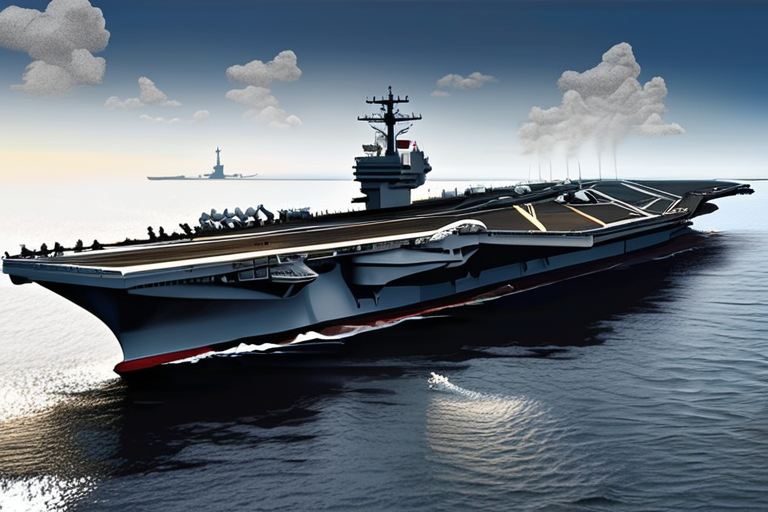


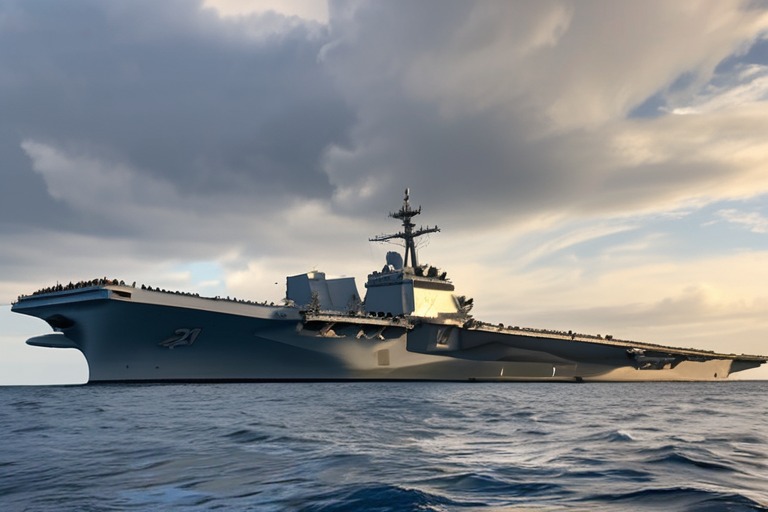
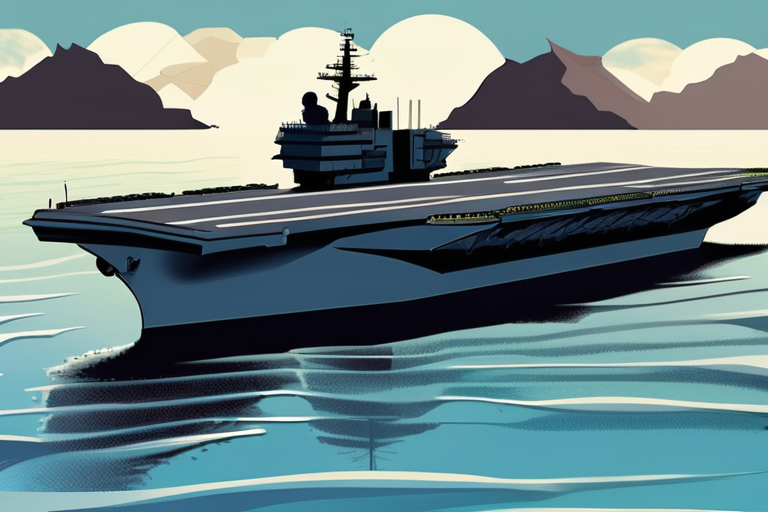
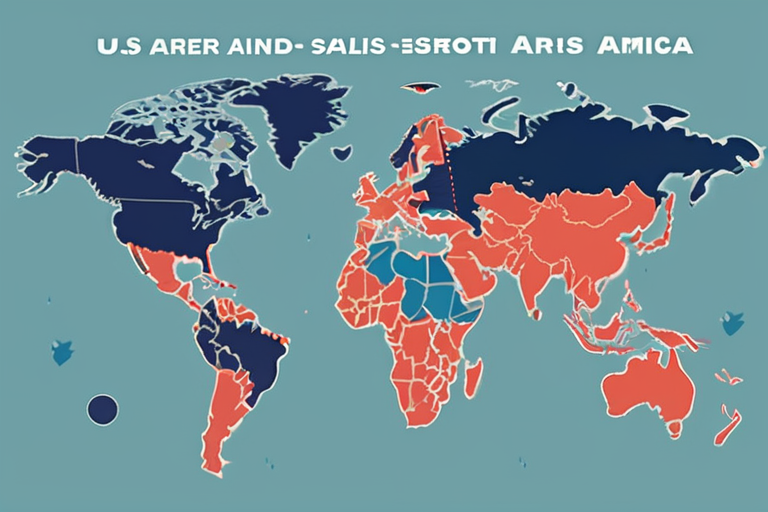
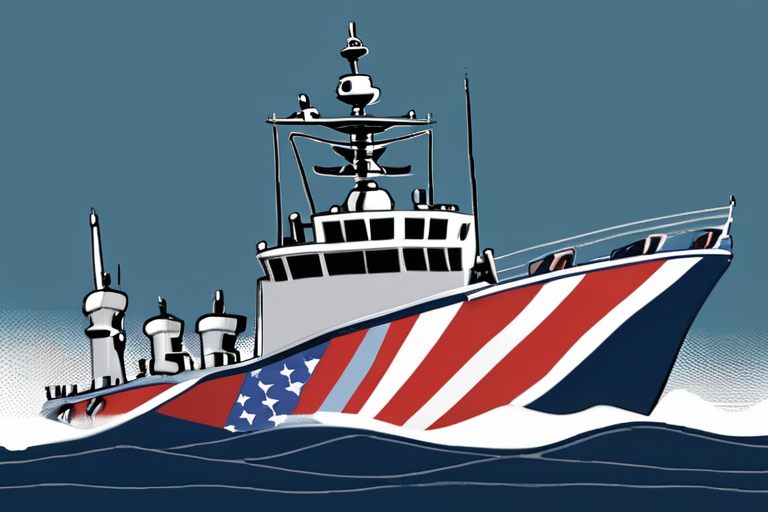
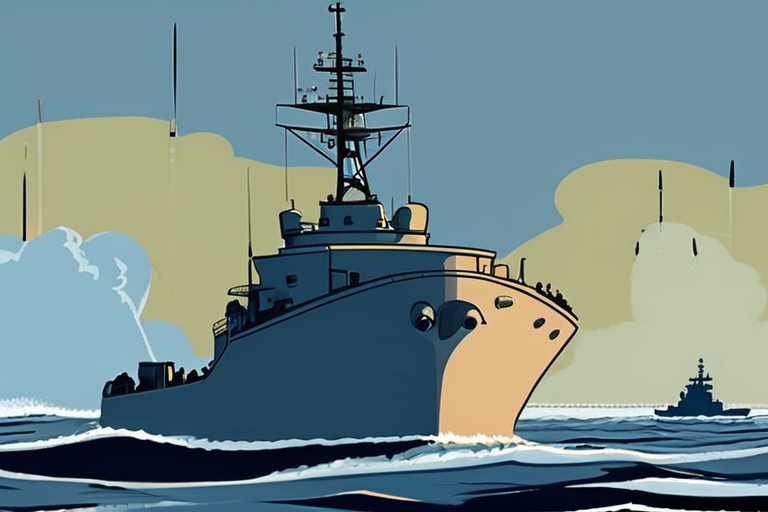
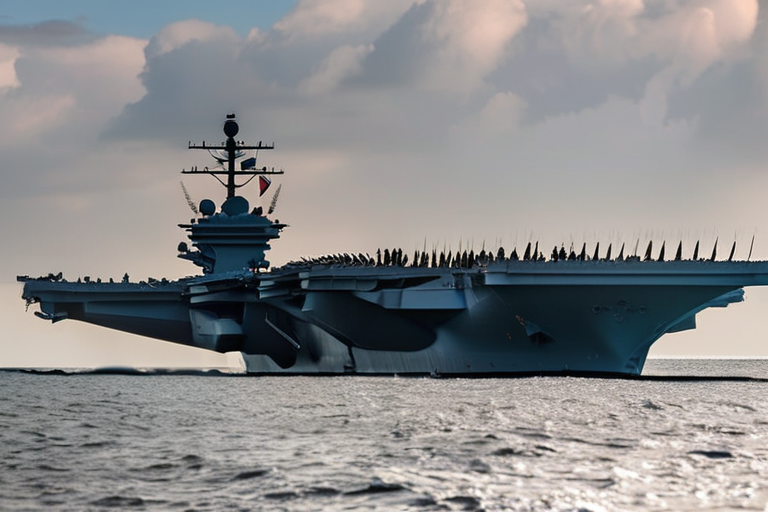
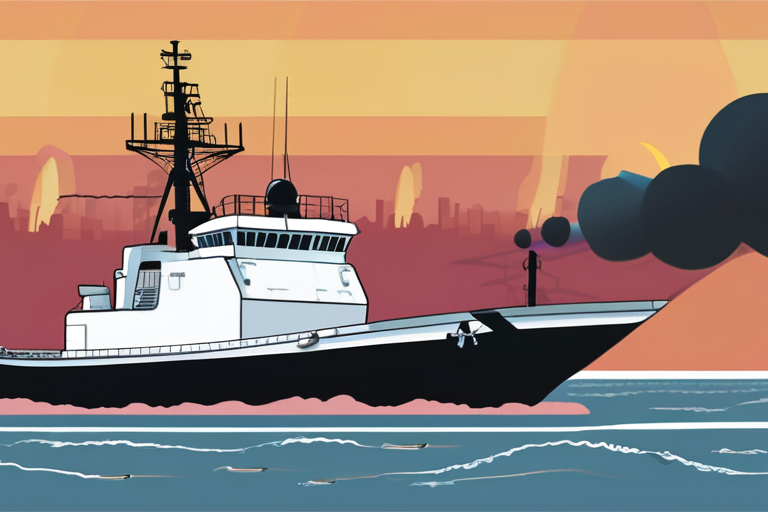
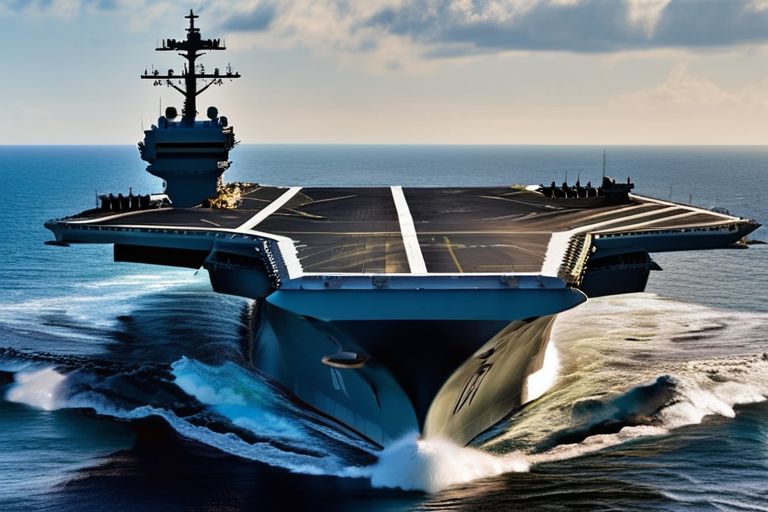
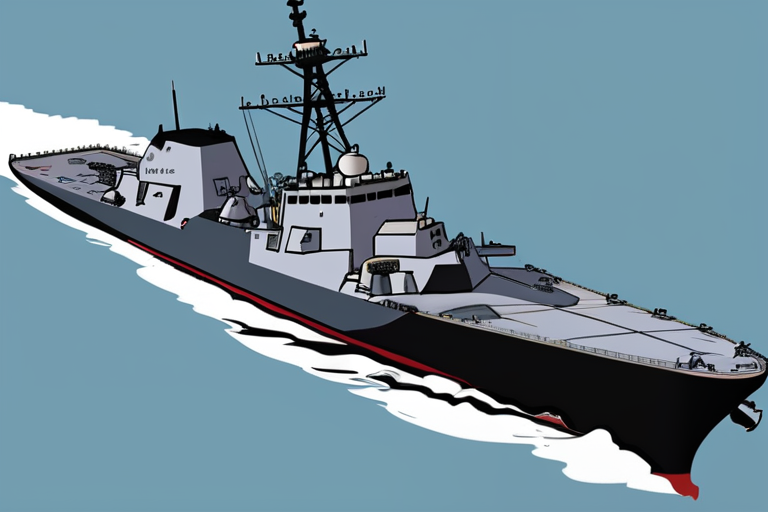
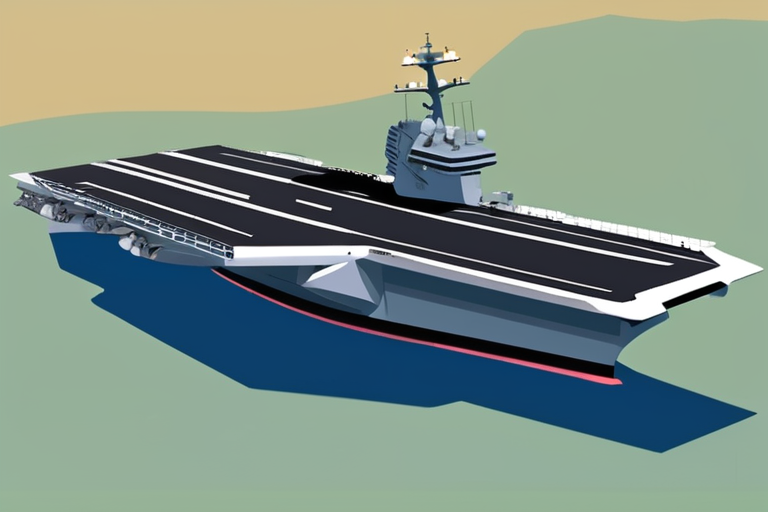

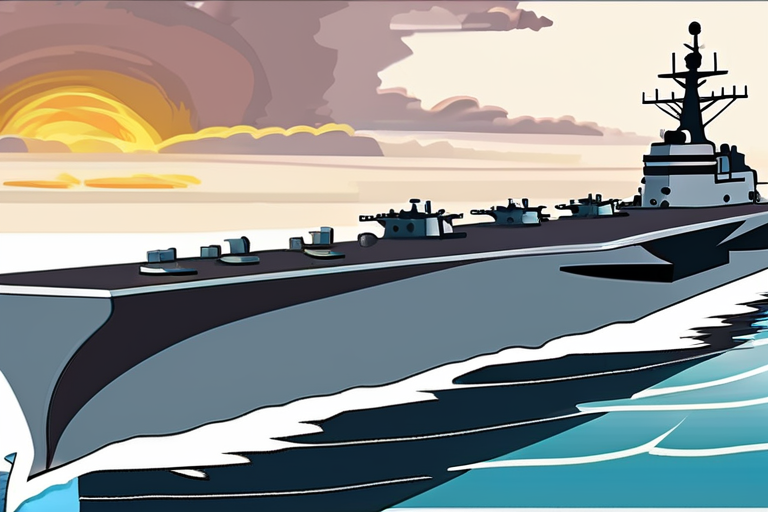
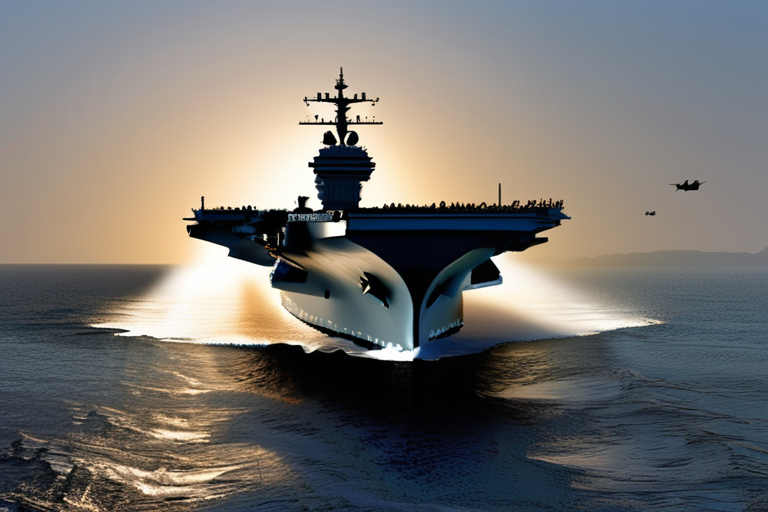
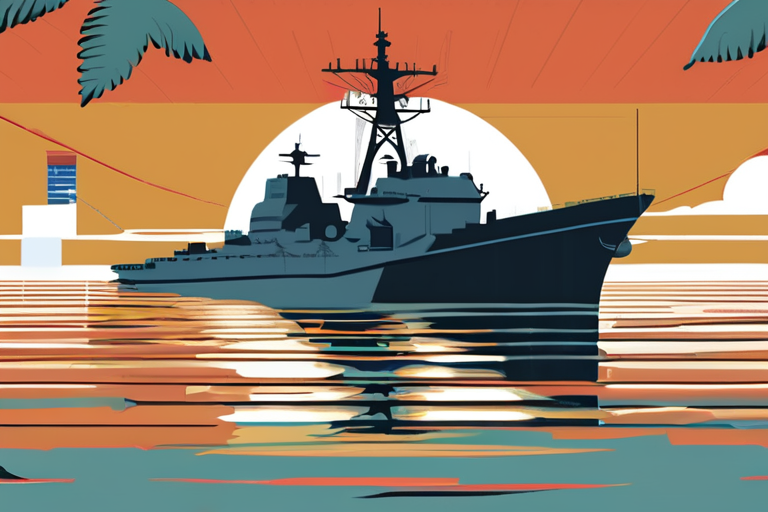
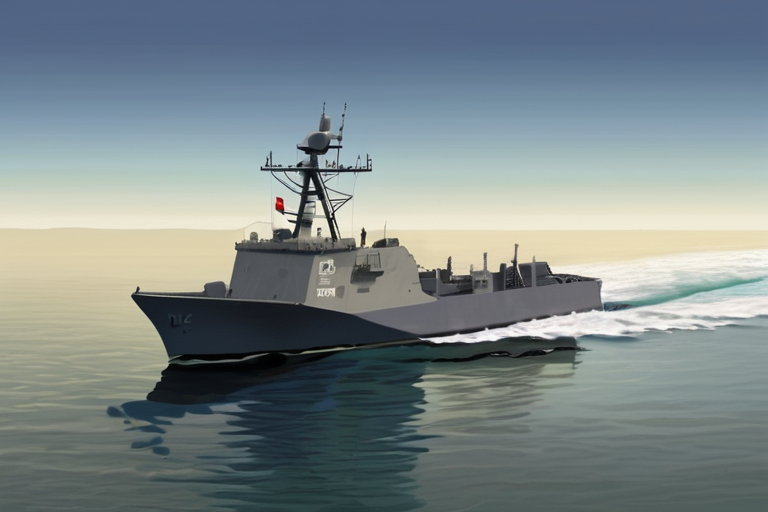
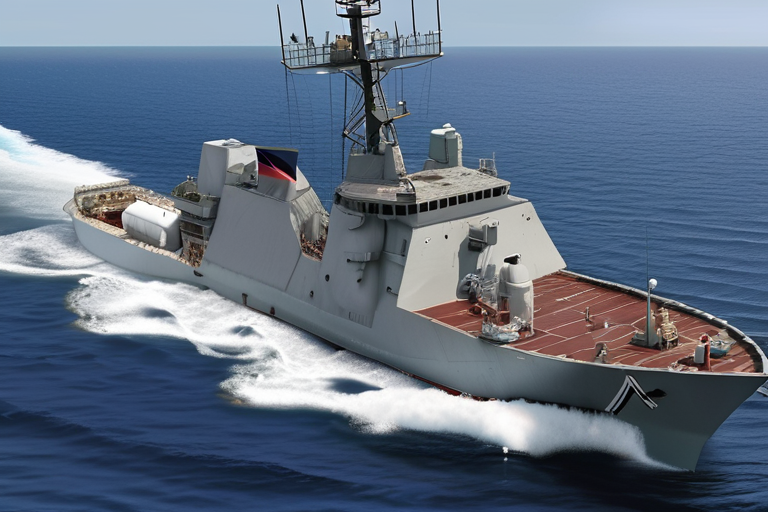
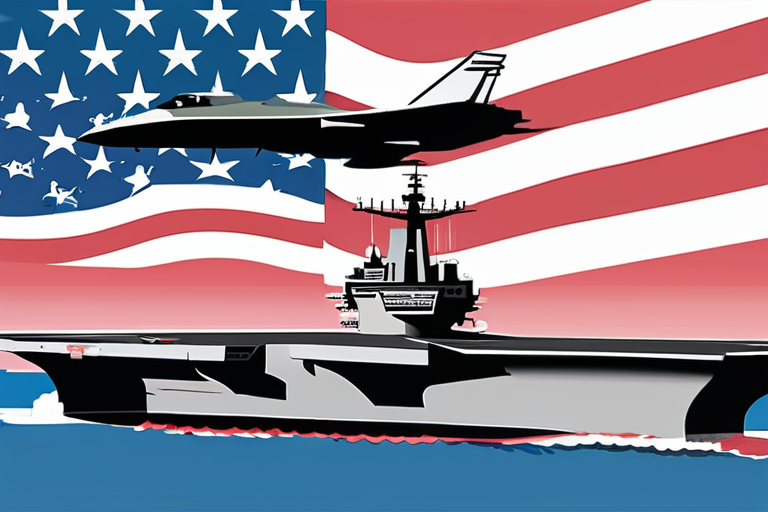
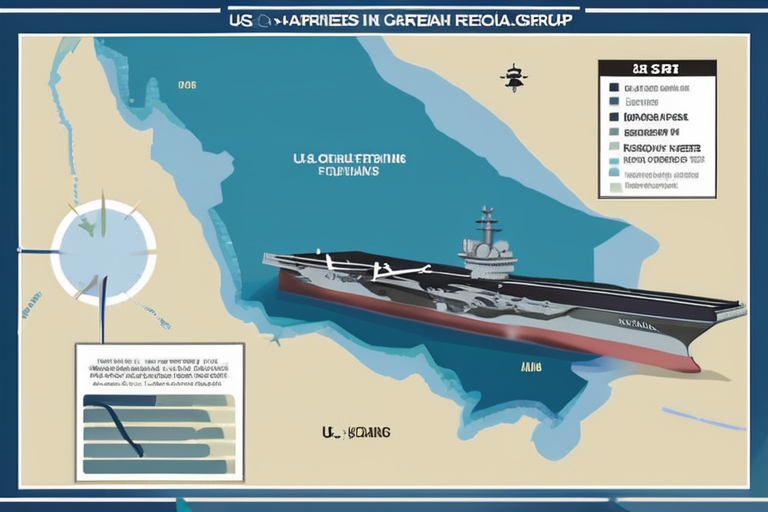
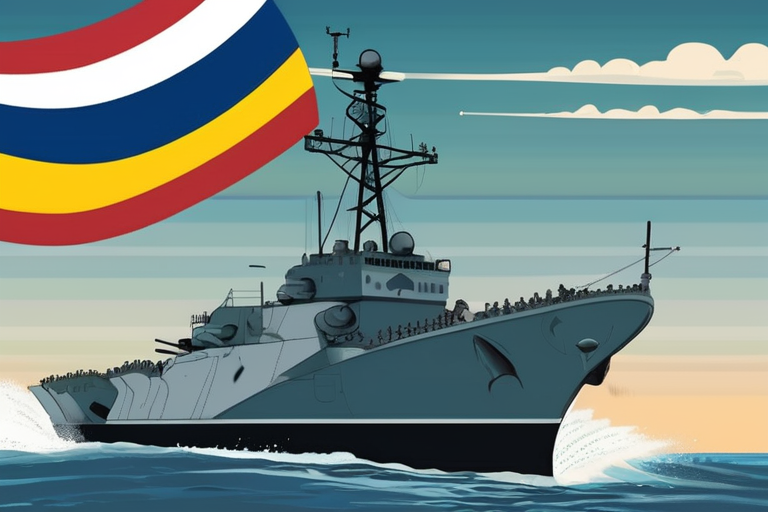

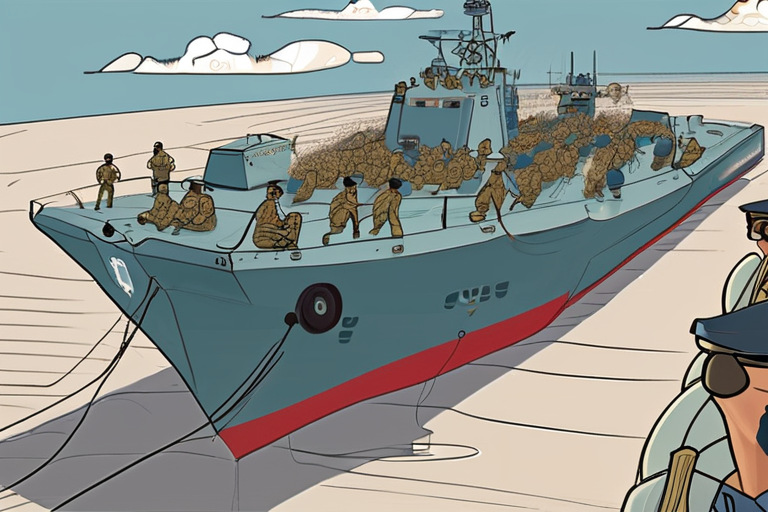
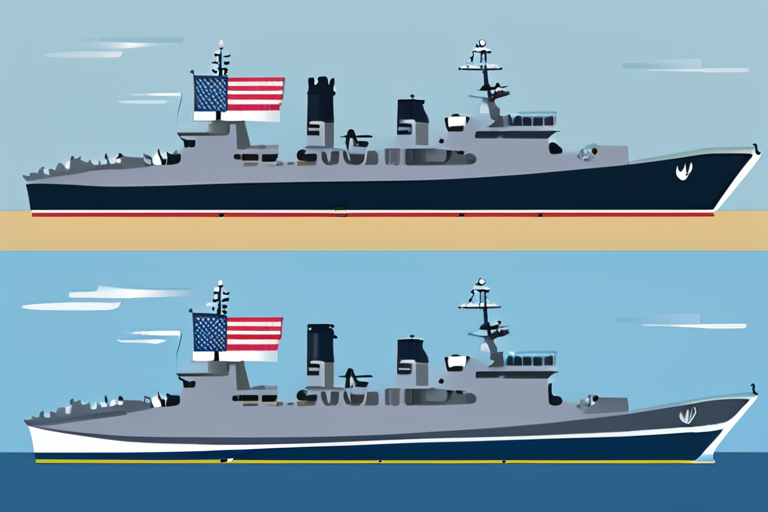
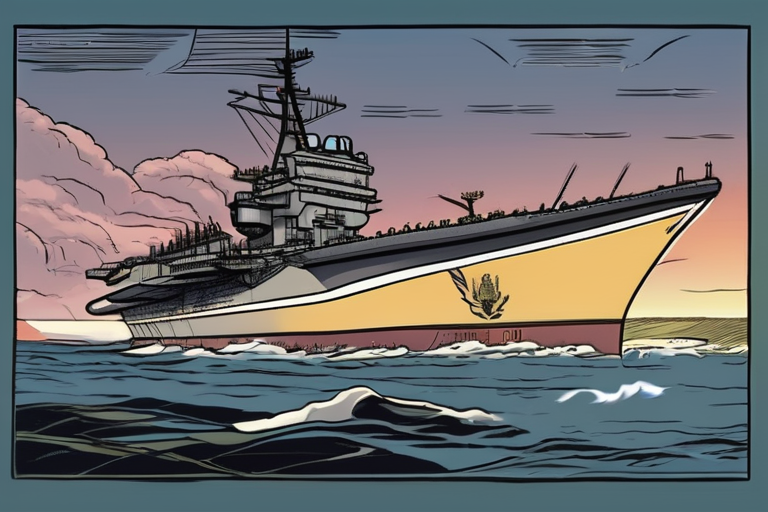
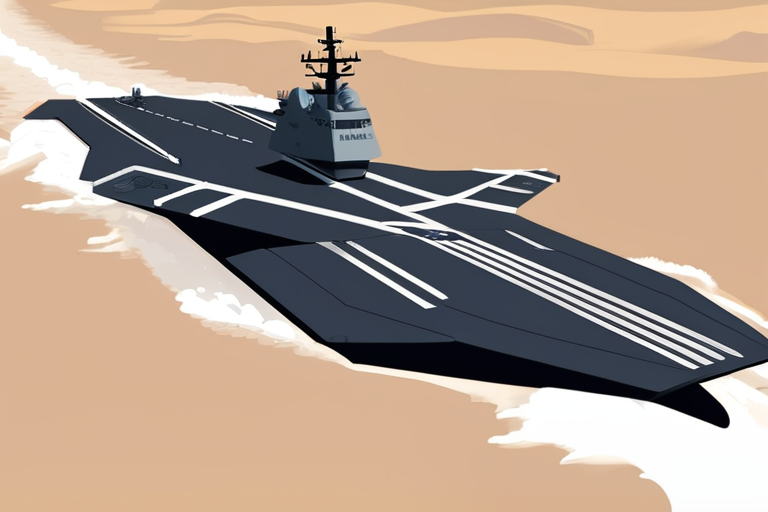
Share & Engage Share
Share this article